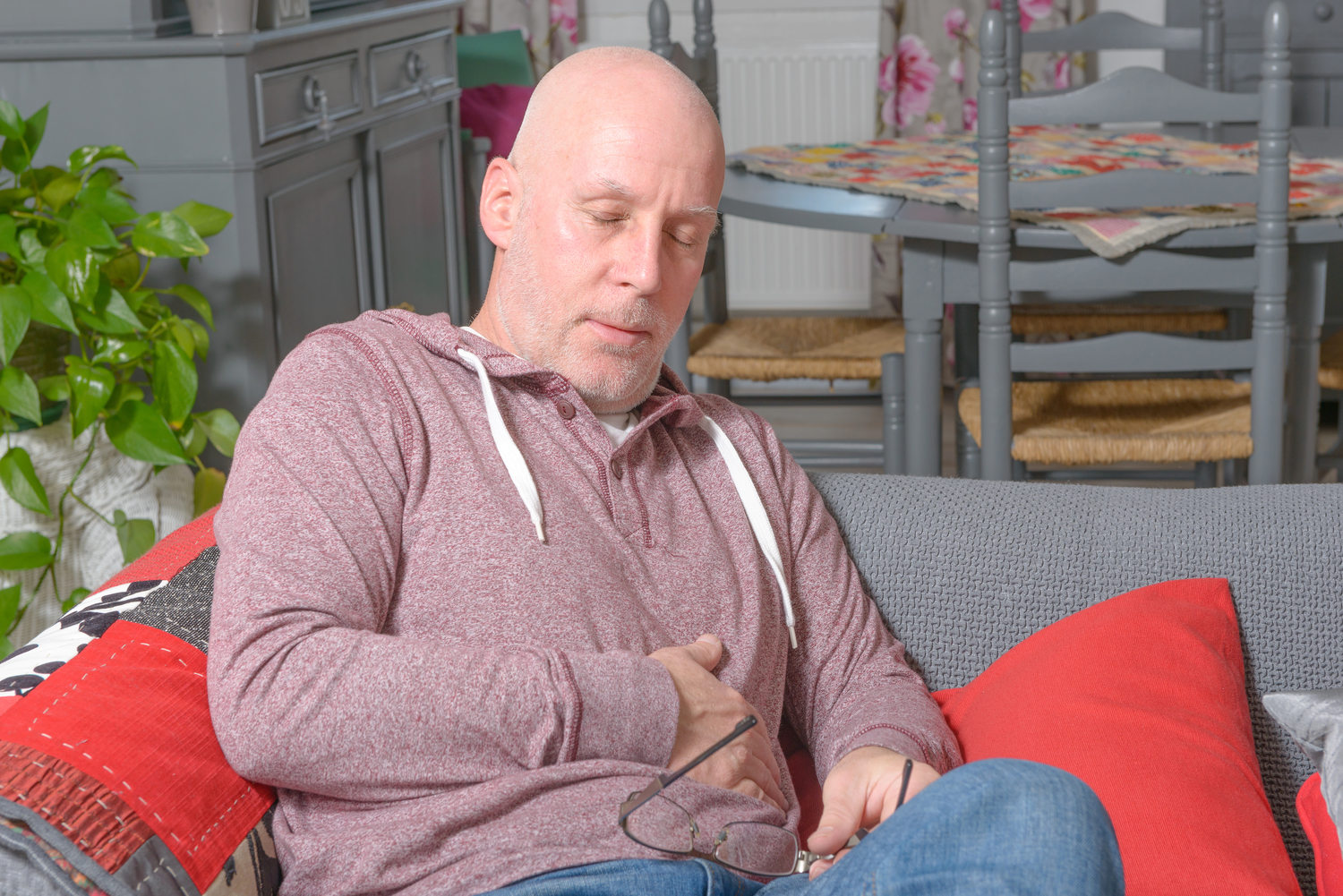
Treatment Methods for Pancreatic Cancer
The treatments for pancreatic cancer depend mostly on the location of cancer, the current stage, and the overall health of the affected person. Most of the time, doctors aim to remove cancer completely if possible. However, if that poses a problem, they might focus on preventing cancer from spreading further and causing more harm along with improving the quality of life.
The various methods used to treat pancreatic cancer include the following:
1. Surgery
The following surgeries are generally carried out in the patients
- Whipple procedure
This procedure is carried out if the cancer is located at the head of the pancreas. This is a difficult operation as it involves the removal of the head of the pancreas, duodenum, gallbladder, and a part of the bile duct. Sometimes, a part of the stomach and the surrounding lymph nodes might also be removed as well. The doctors usually reconnect the remaining parts of the pancreas, stomach, and intestines to help in digestion of food. - Distal pancreatectomy
This type of treatment for pancreatic cancer removes the left side of the pancreas that comprises the body and tail of the pancreas. In some situations, the spleen might also be removed. - Total pancreatectomy
In this method, the entire pancreas is removed. Though one can survive without a pancreas, they need lifelong replacement of insulin and digestive enzymes. - Surgery for tumors that affect nearby blood vessels
In some cases with an advanced form of this type of cancer, the tumor might reach the nearby blood vessels. This makes it impossible to carry out any kind of surgery. As a result, some highly specialized surgeons carry out this surgery to remove and reconstruct the blood vessels in selected patients.
All these treatments for pancreatic cancer carry a chance of bleeding and infection. Additionally, patients might experience nausea and vomiting in the postoperative period. Therefore, patients should be prepared for a long recovery period.
2. Chemotherapy
In this treatment method, medicines are used to destroy the cancer cells. They can be either injected through one’s veins or can be consumed orally. Depending on the affected person’s condition, either a single or a combination of medications might be administered. It is mainly used to control the growth of cancer and prolong the survival of patients. Sometimes, this therapy is used alongside radiation therapy; this is also known as chemoradiation. It is followed when cancer has spread beyond the pancreas to nearby organs. They are applied to shrink the size of the tumor before surgery or reduce the risk of recurrence post-surgery.
3. Radiation
In this form of treatment for pancreatic cancer, high energy beams are used to eliminate cancer cells. One might receive radiation before or after the surgery or, sometimes, in combination with chemotherapy if surgical treatment is not possible.
4. Clinical trials
These are studies to test new approaches to surgery or therapies. If the treatment that is being studied shows more effectiveness and proves to be a safer method than ongoing treatments, they can become the new standard of treatment. However, they do not guarantee a complete cure or might show serious or unexpected side effects. They are closely monitored so that they could be conducted as safely as possible. One should take advice from their physician to decide which form of treatment would be appropriate for them.


